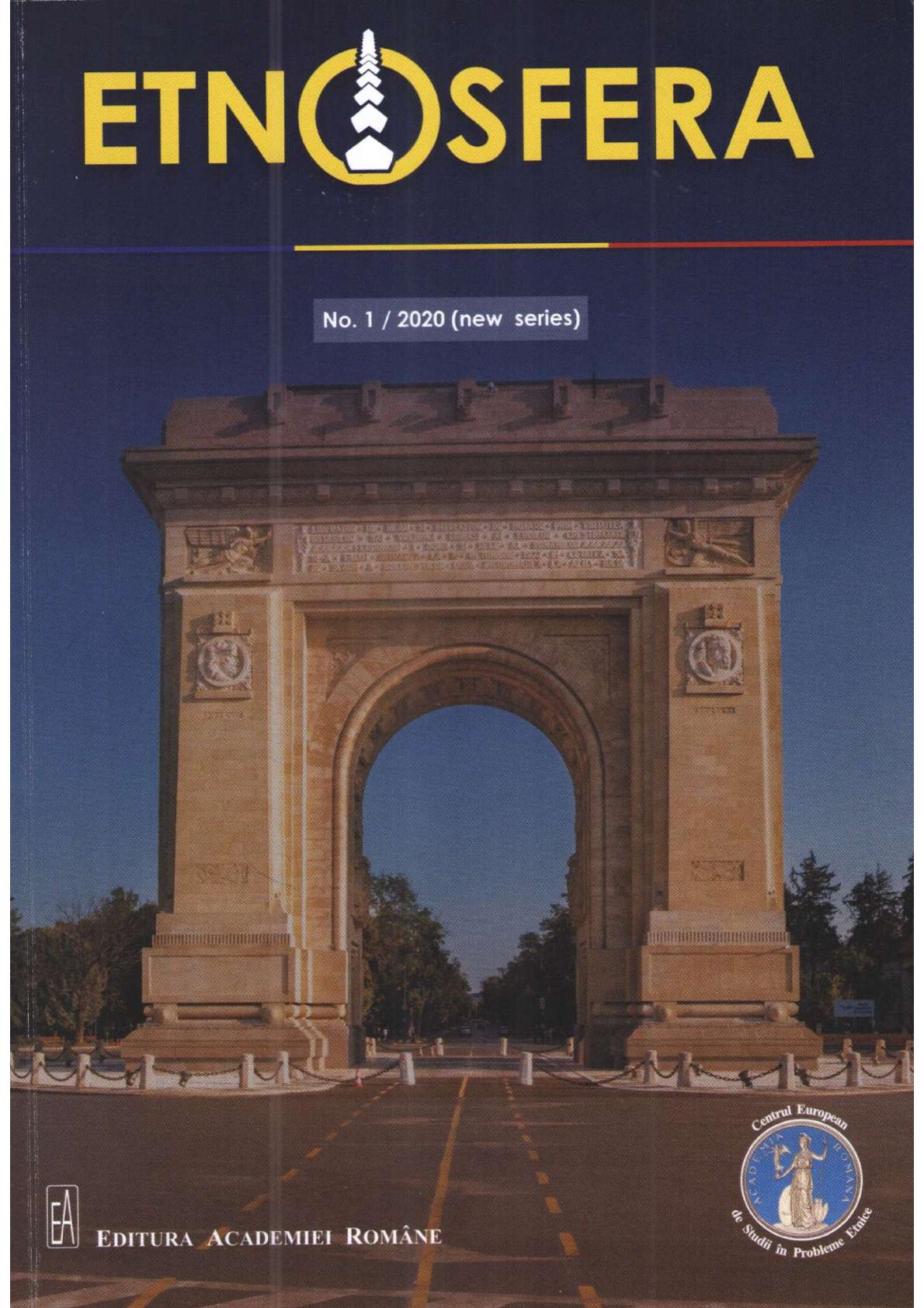THE UNSEEN FACES OF THE COMMUNIST NOMENCLATURE. ELEMENTS OF ORAL HISTORY (II)
THE UNSEEN FACES OF THE COMMUNIST NOMENCLATURE. ELEMENTS OF ORAL HISTORY (II)
Author(s): Vlad Ovidiu CioacăSubject(s): History, Social Sciences, Sociology, Oral history, Social history, Studies in violence and power, Gerontology, Post-War period (1950 - 1989), Social Norms / Social Control, Sociology of Politics
Published by: Editura Academiei Române
Keywords: communist nomenclature;Communist Party from Romania;Security;communist power;life in communism;
Summary/Abstract: This article concentrates on the topic of communist nomenclature from the perspective of oral history. The approach is located at the intersection of three epistemic fields: historiography, sociology and social psychology. To begin with, we will sketch the historical context considered and we will take from the sociology of politics a series of theoretical frameworks to define the communist nomenclature. We considered it imperative to consult the ”key witnesses” of the exponents of targeted socio-political category, who provided us with ”first-hand” information about the reality they lived and built. We have identified two prominent members of the local structures of the Romanian Communist Party and conducted ”life story” interviews. We aimed to capture the way and the extent to which the subjects remember the events from their own biography that took place during the communist period and how these memories gained new meanings over time. We have also tried to get new details about the functioning of the party apparatus and the ”backstage” of power before 1989. The limits of the research represent the very small size of the investigated group, which consists of only two subjects, and the limitations of any interpretive approach in the category of ”life story”: selective memory, cognitive distortions, inability to separate personal truth from factual truth, etc. At the same time, we will try to supplement their testimonies with the memory of their victims regarding the communist nomenclature. However, we believe that the present research brings to light new perspectives to approach the old nomenclature, which can generate working hypotheses for large-scale research, based mainly on the analysis of social documents. The value of the interviews consists in the fact that the subjects were part of the communist repression forces, being also a confession of the acts committed against those who opposed the communization of the country, ”of the bandits”. It is the moment when, after 50 years of communism, the executioners really meet their victims, acknowledging the immense harm caused to society.
Journal: Etnosfera
- Issue Year: 35/2020
- Issue No: 1
- Page Range: 43-54
- Page Count: 12
- Language: English

